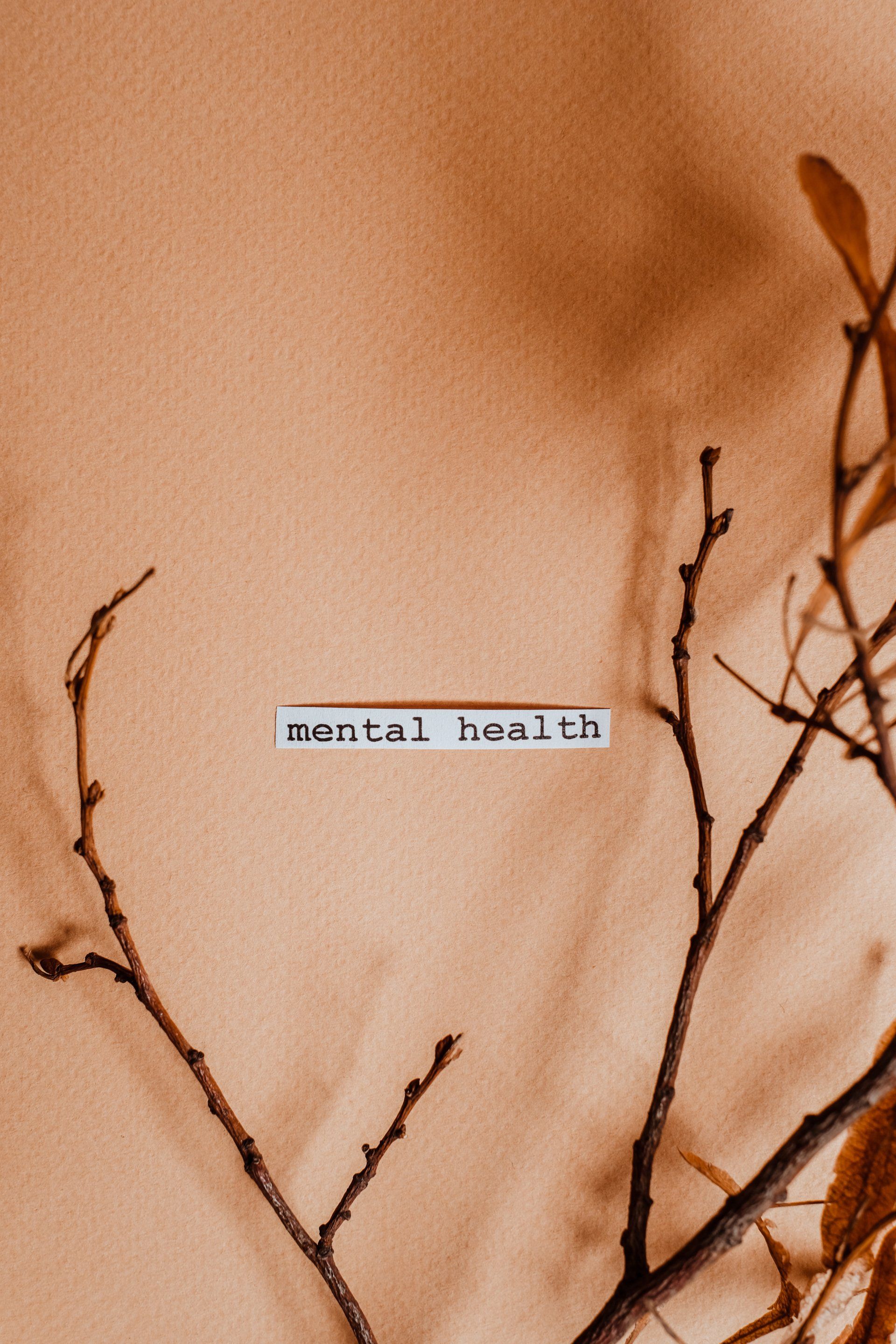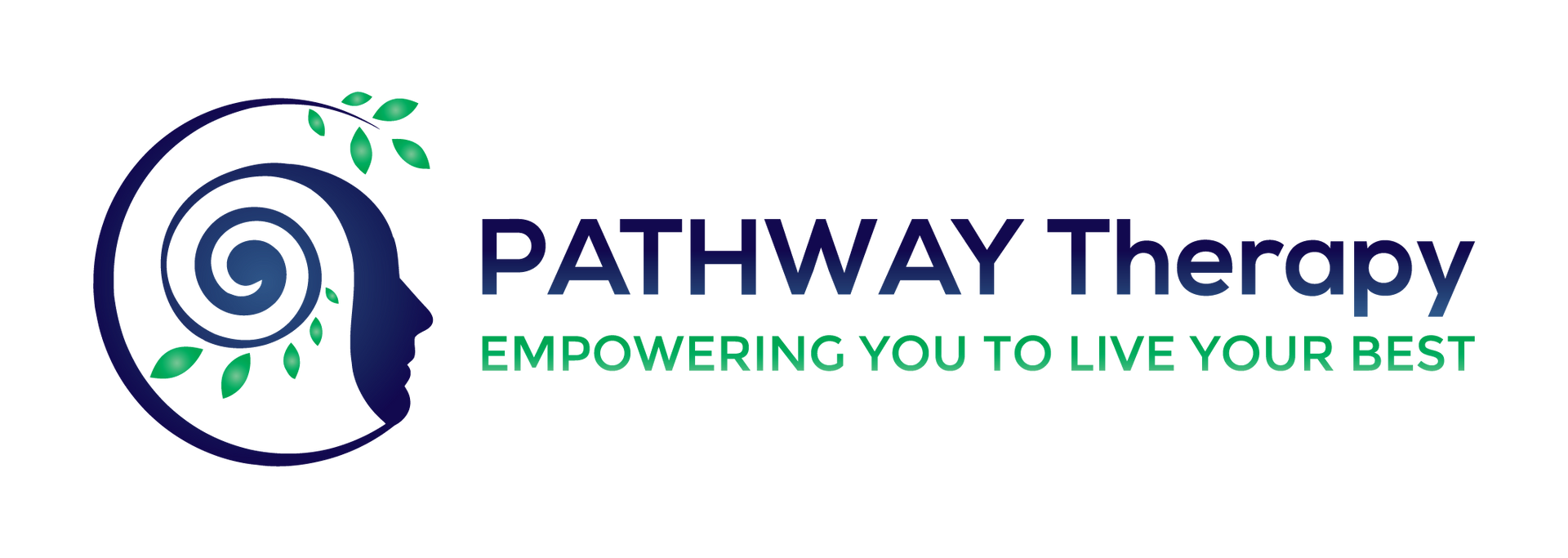Your Mental Health Toolkit - Strategies for Everyday Wellness
Your Mental Health Toolkit - Strategies for Everyday Wellness

Your Mental Health Toolkit - Strategies for Everyday Wellness
As you navigate the journey of life, one of the most valuable things you can invest in is your mental health. It's your greatest asset, the foundation upon which every other aspect of your life is built. But like any complex system, it requires regular maintenance and care to function at its best. This post will equip you with an array of practical strategies, your very own mental health toolkit, to better manage your mental well-being.
1. Understand the Importance of Mental Health
Your mental health impacts everything from how you feel and think, to how you relate to others and manage stress. Recognising this is your first step in prioritising mental wellness. Remember that seeking help for mental health concerns is not a sign of weakness; it's a strength.
Example: Set aside a dedicated time each week to check in on your feelings and thoughts. You could do this through journaling, meditation, or even while taking a quiet walk. This helps to cultivate a habit of self-awareness and introspection, further emphasising the importance of mental health.
2. Practice Mindfulness
Mindfulness means staying fully aware of all external and internal experiences occurring in the present moment. You can cultivate mindfulness through activities such as meditation, yoga, or even simple breathing exercises. The more you practise, the better equipped you'll be to stay centred during life's ups and downs.
Example: Try a basic mindfulness exercise like the '5-4-3-2-1' grounding technique. Identify five things you can see, four things you can touch, three things you can hear, two things you can smell, and one thing you can taste. This exercise can help bring you back to the present moment.
3. Adopt Healthy Lifestyle Habits
A healthy body often leads to a healthy mind. Regular exercise, a balanced diet, and adequate sleep are crucial for maintaining good mental health. You might be surprised by how much your mental well-being can improve when you take care of your physical needs.
Example: Start by setting a regular sleep schedule and sticking to it, even on weekends. Try to incorporate at least 30 minutes of moderate exercise into your daily routine. And consider planning meals that include a variety of fruits, vegetables, lean proteins, and whole grains.
4. Foster Positive Relationships
Having strong, positive relationships with others can greatly enhance your mental health. Reach out to your loved ones, seek their support, and make time to laugh, talk, and share experiences. This sense of connection can provide a protective buffer against mental health challenges.
Example: Organise a weekly virtual catch-up with your friends or loved ones. Use this time to share your experiences, listen to theirs, and build a support network. Taking part in community activities or volunteering can also be a great way to form new positive relationships.
5. Engage in Activities You Love
Dedicating time to activities you enjoy can do wonders for your mental well-being. Whether it's reading, painting, gardening, or playing a musical instrument, these activities can provide an outlet for your emotions and reduce stress levels.
Example: Schedule regular 'me' time to indulge in a hobby or activity you love. It could be painting, playing the guitar, cooking your favourite dish, or even taking a leisurely walk in the park. The goal is to make time for something that brings you joy and peace.
6. Seek Professional Help When Needed
If you're struggling with your mental health, don't hesitate to seek professional help. Therapists, counsellors, psychologists, and psychiatrists are trained to help you navigate through mental health challenges and provide strategies for managing them effectively.
Example: If you're feeling persistently sad, anxious, or have noticed significant changes in your sleeping or eating habits, consider reaching out to a mental health professional. You can start by speaking to your primary care physician who can guide you to appropriate mental health services.
7. Learn and Practise Resilience
Resilience is your ability to bounce back from stressful or traumatic events. By learning coping strategies such as problem-solving, assertiveness, and strengthening your support network, you can enhance your resilience and your overall mental well-being.
Example: Start a 'gratitude journal' where you write down three things you are thankful for at the end of each day. This practice can help you focus on the positive aspects of your life, even when times are tough, thereby improving your ability to cope with stress and adversity.
8. Stay Informed About Mental Health
Educate yourself about mental health conditions and treatments. This knowledge can empower you to seek help when needed and understand others who are facing similar challenges.
Example: Subscribe to reputable mental health blogs, podcasts, or newsletters. Organisations like the American Psychological Association, National Alliance on Mental Illness, British Association for Counselling and Psychotherapy (BACP) or Mental Health America regularly publish informative content that can help you stay up-to-date with the latest in mental health research and advice.
This journey toward maintaining mental health isn't always easy, but it's absolutely worth it. Every effort you make contributes to a happier, healthier you. And remember, there's no 'one-size-fits-all' approach, so feel free to experiment with different strategies and find what works best for you.
In the words of American writer Harriet Beecher Stowe, "Never give up, for that is just the place and time that the tide will turn." Let this serve as a reminder that no matter what you're going through, there's always hope and help available.
If you have any questions, concerns, or need further guidance, don't hesitate to reach out. Mr. Carl at PATHWAY Therapy is always ready to help you on your journey towards mental well-being. Because in the end, your mental health matters. And so do you!


